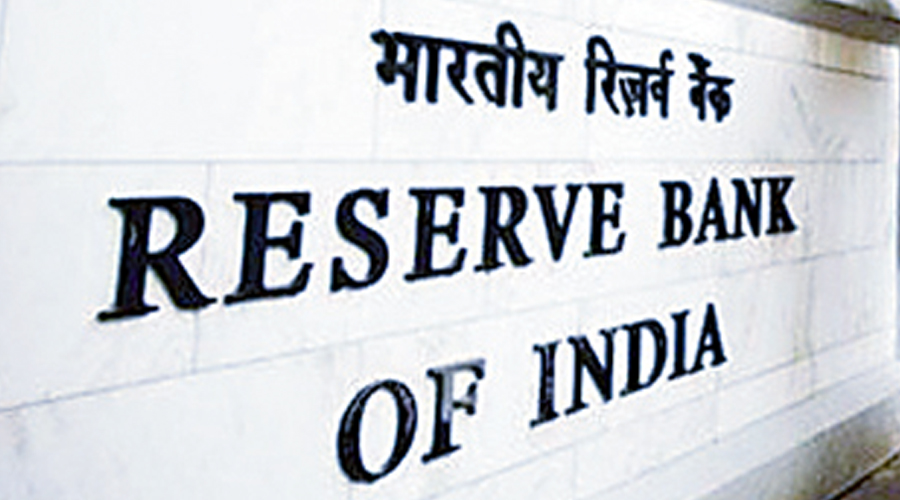The Reserve Bank of India (RBI) on Tuesday asked banks to keep tabs on slippages in their restructured assets even as gross NPA ratio declined in the last fiscal.
In its report, “Trend and Progress of Banking in India-2021-22’’, the apex bank warned against lenders displaying a herd behaviour by diverting loans away from industry to the retail segment.
The RBI also warned banks to undertake robust credit appraisal to limit risks by ensuring appropriate due diligence of the borrower.
Though banks reported high capital buffers amid double digit growth in their balance sheets (see chart), they are facing considerable uncertainties marked by the fast changing macroeconomic scenario and formidable global headwinds.
“If downside risks materialise, asset quality could be affected. Hence, slippages in restructured assets need to be monitored closely. Timely resolution of stressed assets is essential to prevent asset value depletion,’’ the RBI said.
India’s central bank had come out with two restructured schemes during Covid: Resolution framework 1.0 announced in August 2020 which was largely aimed at corporate borrowers with a deadline of December 2020.
The second scheme announced in May 2021 and revised in June was specifically targeted at MSMEs.
Banks were allowed to restructure loans through methods such as the rescheduling of payments and conversion of any interest accrued, or to be accrued, into another credit facility.
Borrowers were also offered moratorium based on an assessment of income streams of the, subject to a maximum of two years.
The RBI had said that the moratorium period, if granted, shall come into force immediately upon implementation of the resolution plan.
Analysts have cautioned if the restructured loans come under strain, repayments could be affected after the moratorium period.
The RBI is now telling banks that given the challenging global scenario, banks must keep a close watch on their restructured books.
It also expressed concern at herd behaviour among the lenders.
In recent years, banks appear to have displayed a tendency to divert loans away from the industrial sector towards retail loans, with the decline evident across all bank types.
In herd behaviour, institutions which are relatively small or not individually systemically important act similarly to market leaders, which could expose them to common risks.
“This could amplify systemic risk through higher co-movement of performance of banks, even though individually they may focus on reducing their standalone bank risk through portfolio diversification.”
“Empirical evidence suggests that a build-up of concentration in retail loans may become a source of systemic risk. The Reserve Bank is equipped with its policy toolkit to handle any systemic risk that may arise,’’ the central bank said.
According to RBI data, outstanding retail loans in 2021-22 stood at Rs 33.9 lakh crore, an increase of 13.6 per cent from a year ago. In 2020-21, loans were up 12.3 per cent to Rs 29.8 lakh crore.
On the other hand, outstanding loans to industry stood at Rs 35.08 lakh crore in 2021-22 against Rs 32.53 lakh crore in the previous fiscal.
Unsecured loans — that are offered without collateral — were another red flag raised by the RBI.
The central ban said these loans present a higher credit risk to banks, attracting greater provisions and risk weights. The share of these loans — personal loans, credit card and consumer durable loans — has shot up to almost 25 per cent in March, 2022 from around 15 per cent in March 2015.
The RBI further disclosed it is planning to bring a framework for the securitisation of stressed assets. Securitisation involves transactions where the credit risk in assets are redistributed by repackaging them into tradeable securities with different risk profiles.
Securitisation of NPAs are undertaken by licensed asset reconstruction companies (ARCs) at present.
``In addition to the ARC route, the RBI proposes to introduce a framework for securitisation of stressed assets similar to the revised framework for standard assets. A discussion paper will be issued soon to solicit comments,’’ the RBI said.











